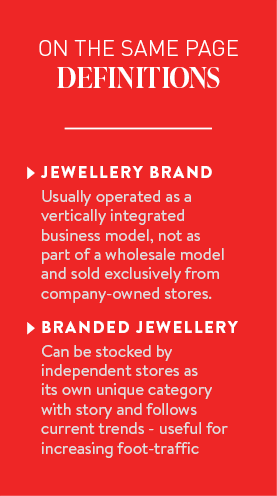
For the contemporary retailer one of the fastest ways to open the door to an expanded pool of loyal customers is by stocking branded jewellery.
Unfortunately, few seem to understand that the sales generated by adding the likes of Pandora, Unode50, and Thomas Sabo to their inventory is only half of the story.
It’s important to remember that there is a demarcation between jewellery brands and ‘branded jewellery’.
‘Jewellery brands’ tend to operate as a vertically
integrated business model, not as part of a wholesale model. These brands tend to be sold exclusively from company-owned stores.
Branded jewellery meanwhile can be stocked by independent stores as its own unique category.
As a trade, jewellery was late to the ‘branded’ phenomenon, which rose to popularity following the viability demonstrated by Pandora’s success in the early 2000s.
The true power of the category lies in the opportunity it presents to convert the faithful consumers of a particular form of branded jewellery into a base of customers loyal to their business.
That leaves us with one question – how do we complete this conversion and make the most of this opportunity?
There are a variety of avenues worthy of exploration, and Retail Edge Academy vice president Becka Johnson Kibby says that a multi-faceted approach is best – beginning with some light guidance on the sales floor.
“The key is to find a way to bring other non-branded jewellery products to the attention of the customer in a positive manner,” she tells Jeweller.
“My suggestion would be to show them what they’re looking for, and then casually ask if you can get their feedback on a new line, range, or product you’ve added to the store.
“This will allow your sales staff to showcase a different product to the customer, and possibly generate a sale from that interaction. The added bonus is that the customer will feel valued, as you’ve come to them for their perspective.”
Marketing
One of the key benefits branded jewellery offers is that it provides independent retailers access to a ‘ready-made’ customer base with a pre-formed emotional connection to the product.
Further, stocking branded jewellery allows retailers to tap into designs and marketing strategies which are available with little investment.
For example, Pandora is the world’s largest mass-market jewellery brand and has 9.3 million followers on Instagram.
Thomas Sabo has more than 370,000 followers on Instagram, while Unode50 has more than 340,000 followers. Ania Haie has passed the 84,000 mark, and Cour De Lion has more than 72,000.
When an independent retailer elects to stock these brands, they are placing their business on the ‘fast track’ to sales from these followers who already have an established personal investment.
In other words, the ‘leg work’ of establishing a connection between consumer and product has already been done on their behalf.
This is only half the battle, and many of these same retailers fail to capitalise on what matters most – converting these Pandora or Thomas Sabo supporters into loyal patrons of their jewellery store.
Branded jewellery drives customers into stores, whether they be bricks and mortar or online, and the end result of this phenomenon must not only be sales of the branded jewellery, but also in other stocked items and services.
Branded jewellery – especially those of the personalised and customisable variety – generates not only store traffic, but also repeat visits and purchases.
Once your staff has these customers in front of them, what is the best method for completing this ‘conversion’ and invoking loyalty in the business itself?
Johnson Kibby says it’s a matter of showcasing all that you have to offer.
“Jewellers shouldn’t hesitate to show every customer they interact with other products they offer, beyond what they’ve asked for,” she explains.
“This opens the customer’s eyes to all that is on offer and gives you the chance to evolve the ‘brand’ of your store in the mind of the customer.”
She adds: “Get them talking! Remember that the more valuable you make a customer feel, the more likely they are to return to your store and become loyal to the business.”
|
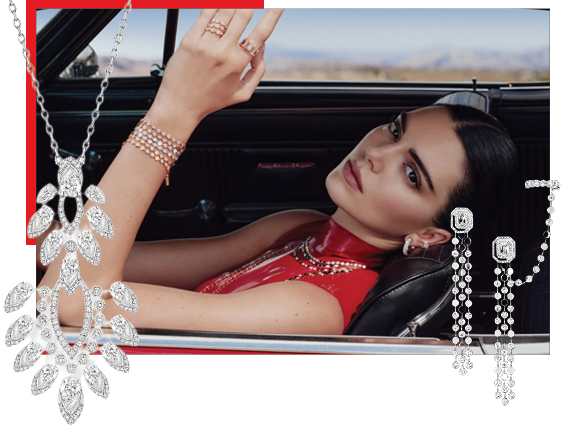
|
Messika |
|
Be prepared
It should go without saying that your staff need to be well prepared, particularly in a contemporary environment where a salesperson has less time than ever before to connect with customers.
It’s been said that most sales are closed before the final interaction between sales staff and the customer begins.
In the online environment, consumer attention has dropped to an eight-second average according to research from Microsoft.
The majority of customers already have a clear view of your products, services, and benefits — as well as those of your competitor — because of research they’ve completed before entering your store.
“Customers don’t want to spend time discussing ‘what keeps them up at night.’ They are well down the path of solving their ‘problems’ before you meet them,” business author Ryan Estis explains.
“The more you know about your customers the better prepared you’ll be when crafting your sales presentation. Fortunately, today’s salespeople have more information at their disposal than ever before.”
Estis stresses the importance of what’s known as ‘intent data’ as one of many ways to research your target customer.
Whatever your approach, make sure your staff understands the data and can access it. He recommends your sales staff consider the following questions:
• Where are potential and current customers spending most of their time?
• What social channels are they creating or consuming content? Instagram? YouTube? Facebook?
If you know where they are, you can understand what content they’re consuming and what motivates their purchasing decisions.
From there, it’s a matter of finding the right tone – take note of the way these branded jewellerycompanies are communicating with their loyal fans - your marketing approach should match.
As an example, trend-setting Pandora tends to keep things lighthearted and personable. If your mission is to convert Pandora’s loyal customers into those loyal to your business, you should take the same tact when dealing directly with customers.
In more recent times branded jewellery has also transitioned from more ‘fashion’ products into the fine jewellery category.
Today, many branded jewellery collections include high-end designs that feature colour gemstones and diamonds.
If the consumers of these products hope to be treated ‘seriously’ and are looking for a high-end experience, a salesperson would be foolish not to grant them such service.
“In this new environment where buyers are more self-reliant and demand nothing but the best, sales preparation will be the difference between success and failure,” Estis says.
“Salespeople can prepare for impact by doing the research, crafting a plan and willingly engaging with buyer resistance.”
Johnson Kibby agrees with Estis and says that one of the most important responsibilities of any salesperson’s job is to ask questions and listen.
“Listen to your customers and pay close attention to any indications they give you about what they like and dislike,” she says.
“Ask questions to get to know them a bit more each time they come in and visit. This creates a relationship that goes beyond merely buying jewellery.”
She adds: “Don’t be afraid to say ‘customers that love this product, also love this product’ in order to showcase more products. Be of assistance to them, and act more like a personal shopper than a member of the sales staff.”
|
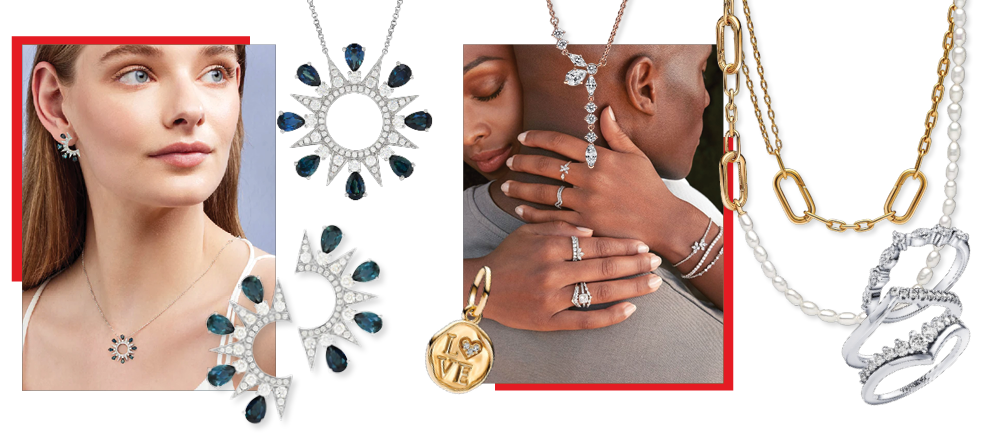
|
L to R: Sapphire Dreams, Pandora |
|
|
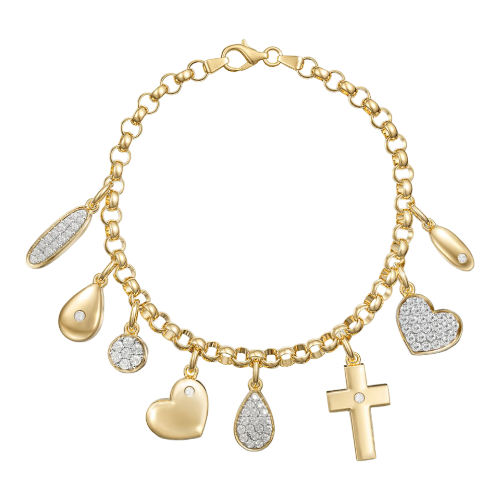 | 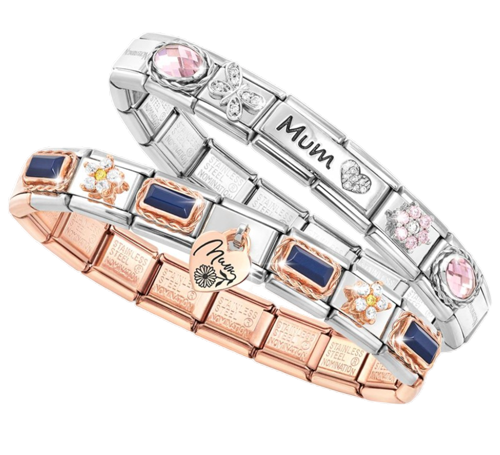 |  |
| Love in a Jewel | Nomination | Thomas Sabo |
| | | |
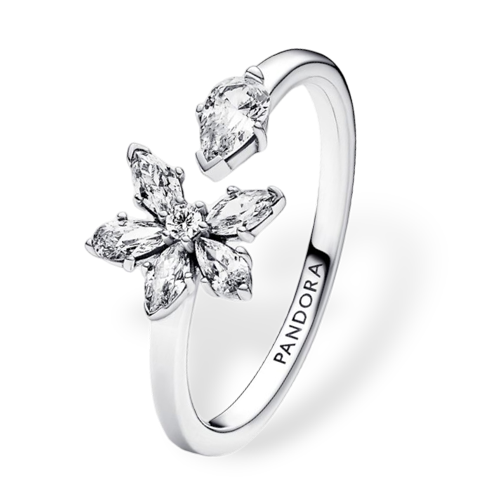 | 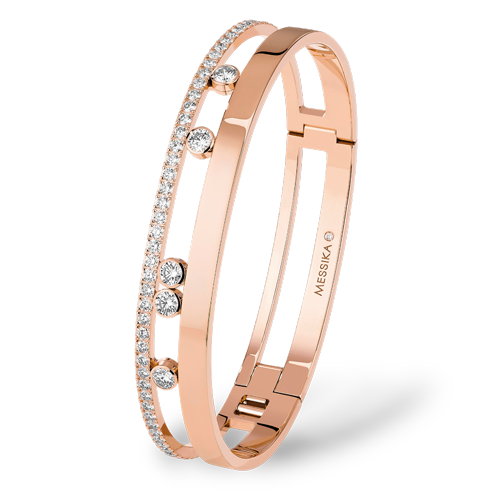 | 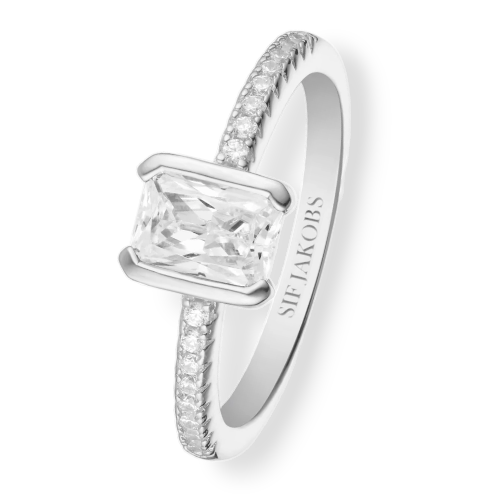 |
| Pandora | Messika | Sif Jakobs |
|
Repeat sales
While the emphasis is so often placed on acquiring new customers, repeat sales are the lifeblood of any retail business.
In part, this is because you do not have to invest in attracting a customer who already loyally shops with you.
Pairing the offering of branded jewellery with a sales staff capable of generating committed relationships between a customer and a business is the recipe to success in this regard.
Richard Shapiro, the founder of the Centre for Client Retention, says that when it comes to generating repeat sales, the same principles apply to all retailers – whether it be jewellery, clothing, homewares, or sports goods.
“I grew up in a retail environment working for my father. I learned two important lessons. Firstly, it is more important to listen and learn the customer’s state of mind than to find out their method of payment,” he reveals.
“Secondly, when new customers entered the store, they were strangers. My father hoped by the time they left they had become new friends.”
In order to succeed in this area, Shapiro has six key areas of advice.
• Greet people as they would a new neighbour into their home: Communicate to your staff the importance of connecting with customers as people first.
It’s more valuable to find out about the customer’s goals and personality than it is for them to immediately know exactly what’s in your inventory.
• Have you visited this store before? If someone walks into your store for the first time, tell them more about your business.
Let them know how long you have been in business, the details of your return policies, and where appropriate your personal customer experience philosophy.
This is not only valuable information for your customer to have, it also opens a dialogue.
• Always tell the customer you can assist them: People enjoy the feeling that they are speaking to a person who can help.
It’s not important how you help them – instead, it’s about showing the customer you care about answering their question or resolving their problem.
Remember that the goal is to position your business as the location where that customer solves all their jewellery-related problems – your business is not merely one of many stores offering Thomas Sabo or Unode50.
• Listen to your customer’s emotions: Your sales staff must pay attention to what these customers are feeling, not just what they are saying.
In almost every instance, you should be able to easily tell if someone is happy, frustrated, excited, or disappointed.
By expressing a reaction to their emotional state you foster a new and beneficial relationship.
• Print business cards for your staff: Business cards make employees feel more important and valued, and it’s an excellent way to provoke the customer to return.
The employee can simply say, “I really enjoyed helping you today. Here is my card with my contact information. Now that I know your tastes, I can let you know if we get something in stock you might like. Would you prefer me to email, call or text? Just let me know.”
• Keep in touch: Many jewellery retailers fail to show the customer they matter after they make the initial sale.
That’s a big mistake! Brainstorm with your staff about the best ways to show customers they are relevant after they leave your store.
“Following up with a customer between visits is a crucial reminder of the value presented by you and your store,” Kibby Johson adds.
Hypothetically, say a customer has entered your store to purchase a Pandora product for their partner. Without prying, find out how advanced the relationship is.
Are they considering marriage? While you finalise their payment, perhaps they’d like to take a look at your engagement ring display.
Again, now that you know their tastes, perhaps you can help them find something they else they like.
If it’s personalised or customised jewellery, did they select anything featuring birthstones? Direct your customers to any relevant colour gemstone jewellery you may offer.
These are the kinds of significant sales opportunities branded jewellery affords retailers; however, without staying in touch and demonstrating to the customer that they matter beyond an initial transaction, you’ll be unable to maximise on these chances.
|

|
L to R: Guess Bracelet, Sif Jakobs Necklace and Rings |
|
Loyalty programs
When it comes to ensuring repeat sales, few systems work better than loyal programs.
Delivering value is one of the key components of any loyalty program. When creating your loyalty program, research what your customers respond to.
Whether it be exclusive sales, birthday discounts, or earning points – Kibby Johnson says these are all personalised, tailored provocation for customers to return to your store.
“Jewellers need to have a loyalty or rewards program that keeps the customers coming back for more,” she says.
“Talking about family members, or the people they purchase for, as well as any events they may have upcoming, such as anniversaries and birthdays, is vital information to have when it comes to building a successful loyalty system.”
She adds: “Be sure to document all this information in your POS software so that you have the facts readily available in the future.”
CEO of Cemoh, a Brisbane-based marketing firm, says that the key to maximising the returns from your loyalty program is to ‘disguise the sell’.
“Loyalty programs are, of course, designed to increase customer loyalty and keep people shopping with you, with the end goal to generate more sales and profits – however it should never appear that way,” Dell explains.
“Building customer loyalty is about making genuine connections and showing appreciation for continued business. You should absolutely offer special deals and benefits to loyalty program customers; however, only if it delivers real value to them.”
The jewellery industry has many loyalty program ‘success stories’ and there’s no reason why your business shouldn’t be the next.
During the pandemic, Michael Hill International made improving its loyalty program a core priority as a part of a marketing ‘revamp’.
Between 2020 and 2022, Michael Hill’s loyalty program ‘Brilliance’ quadrupled its membership base.
“The key marketing mantra that we’ve been building up at Michael Hill is marking the moments that matter in people’s lives,” CEO Daniel Bracken told The Australian.
He continued: “We’re not here to sell transactional jewellery, we’re here to sell that whole life cycle from the engagement ring to the wedding band, the first anniversary after the first child is born to the second child, third child, to the fifth anniversary to the 10th.”
And what did this record number of members amount to, I hear you asking? Michael Hill enjoyed a record first-half in 2022, with an increase in retail revenue in Australia of 18 per cent alone.
In New Zealand, sales increased by 13.8 per cent. The company’s loyalty base now has 1.7 million members and accounts for 82 per cent of sales.
Need more proof? Pandora operates more than 6,400 stores worldwide and in 2022 achieved a full-year sales increase of 13 per cent to $US3.82 billion.David Allen, Pandora’s Pacific and Greater Asia managing director, says that much of this success can be attributed to a refined approach to interactions with customers.
Allen told Jeweller that this year Pandora Club Members were recently asked if they did or did not want to receive correspondence promoting Mother’s Day related campaign material, due to the sensitive nature of the occasion to some consumers.
“Personalisation is about delivering content, product and services that match the lifecycle of the consumer, and using prior interactions to determine and anticipate what the consumer is going to do next,” he says.
“It’s as important to have a personalised product offering as it is to have personalised and customisable experiences.”
|
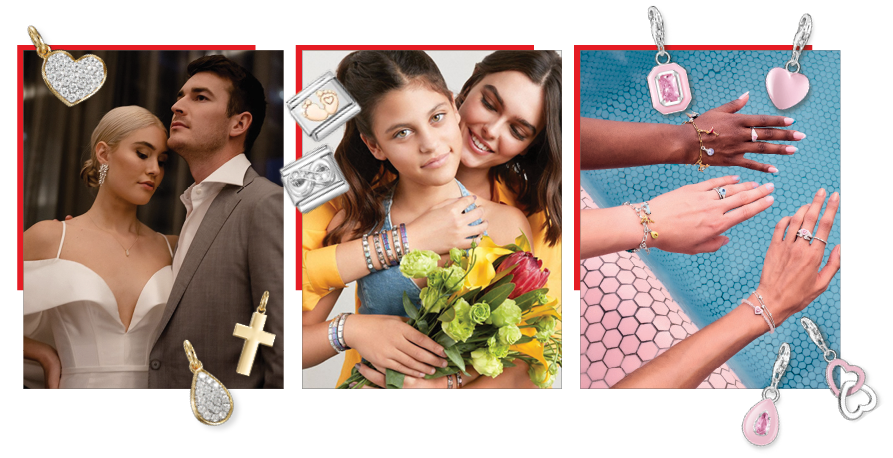
|
L to R: Love in Jewels, Nomination, Thomas Sabo |
|
|
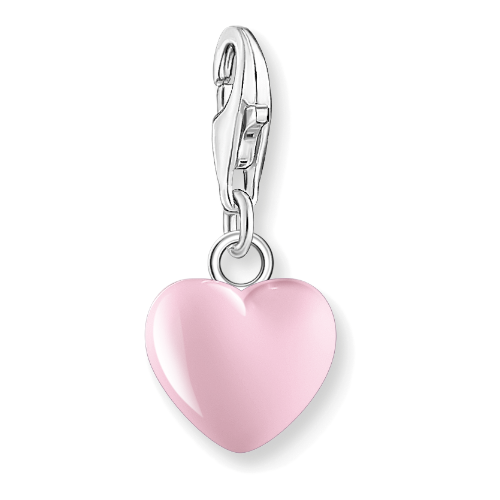 | 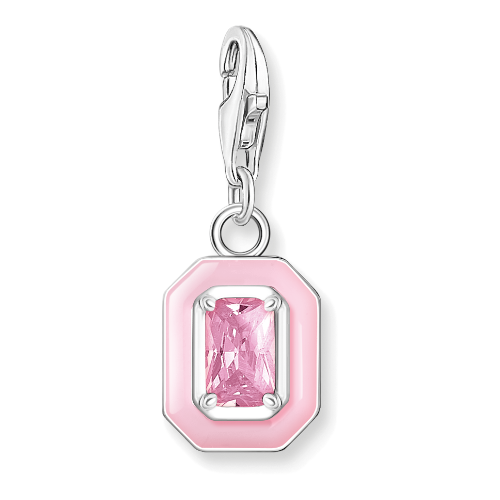 | 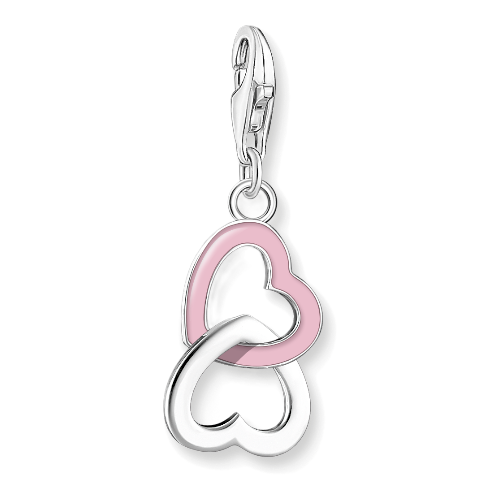 | 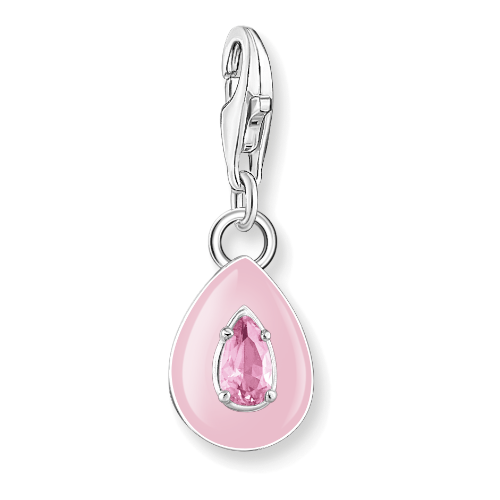 | 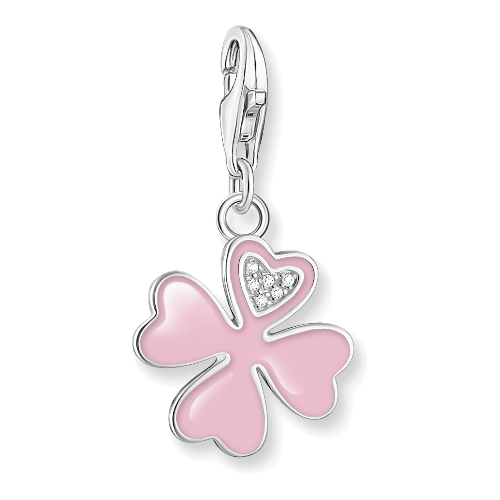 |
| Thomas Sabo | Thomas Sabo | Thomas Sabo | Thomas Sabo | Thomas Sabo |
| | | | |
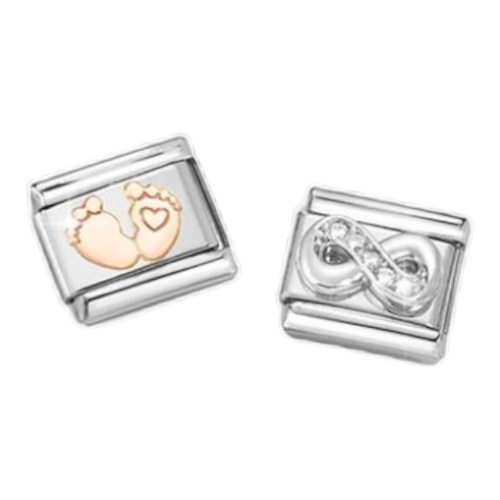 | 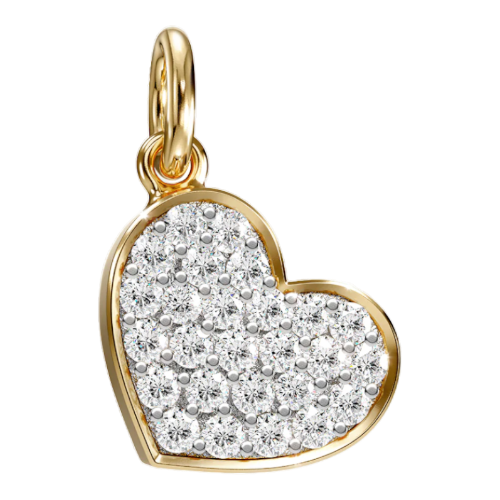 | 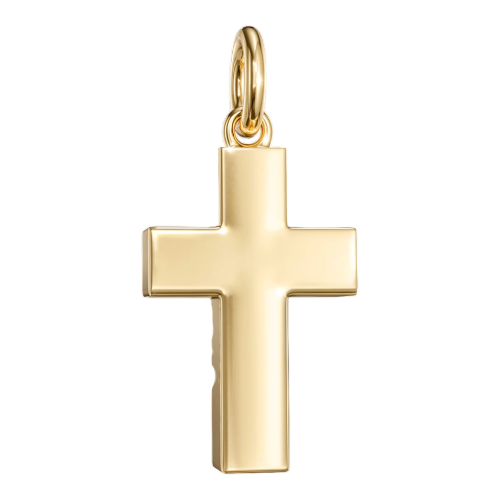 | 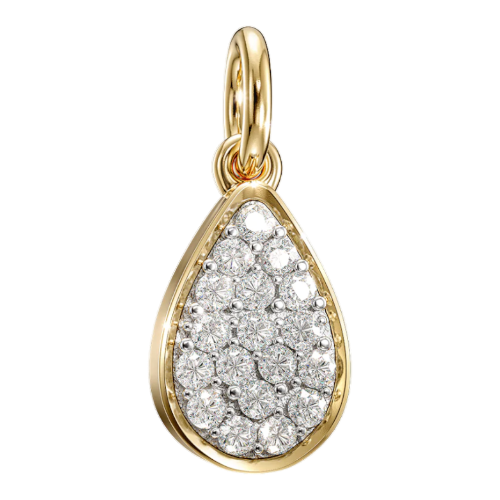 | 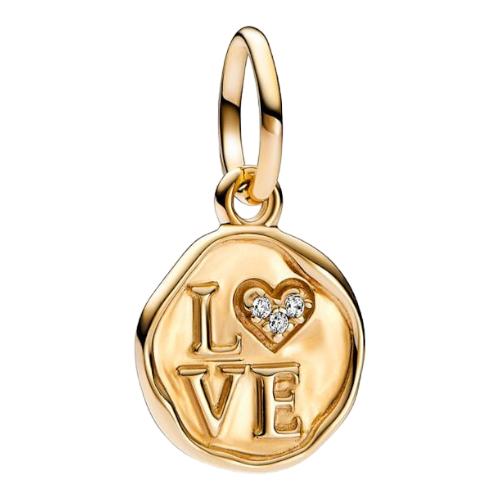 |
| Nomination | Love in a Jewel | Love in a Jewel | Love in a Jewel | Pandora |
|
Good luck
By offering branded jewellery, you’re winning the initial battle – connecting with new customers already emotionally invested in a brand.
The secret to winning the war; however, is to convert these new customers interested in a singular branded jewellery product into loyal patrons of your business.
You can do so by ensuring that your staff is well prepared and understands how to communicate with customers in a way that mirrors their motivation to pursue a particular branded jewellery product in the first place.
It’s important to ensure repeat visits by positioning yourself as a business that has the solutions to all their jewellery needs, and cement your value by operating an effective loyalty program which offers your customers true value for their time and money.
Branded jewellery opens the door to a dedicated customer base, loyal to your store above all competitors for a variety of reasons; however, it’s up to you and your staff to walk through that door.
Read eMag